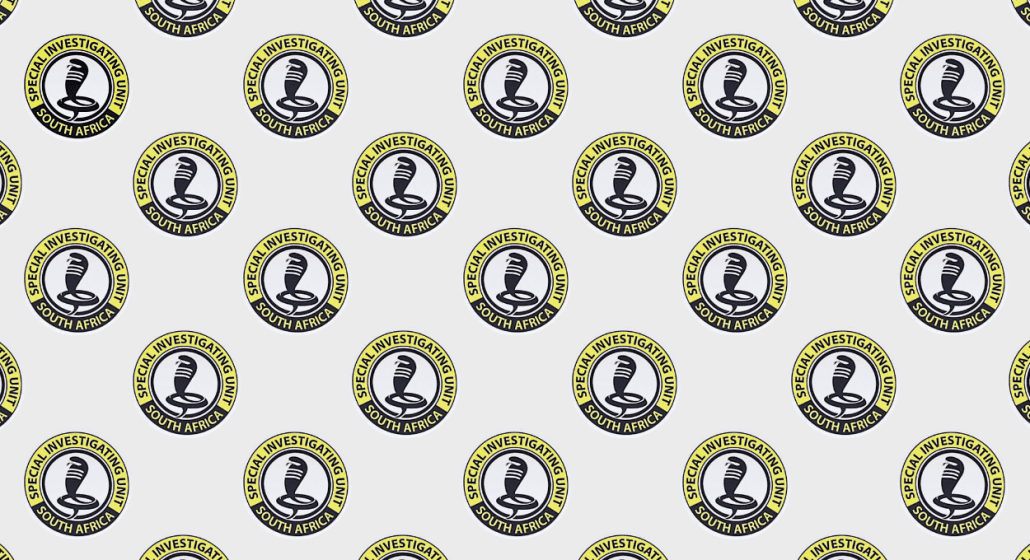The Special Investigating Unit (SIU) hopes to recover more than R1-billion that other state institutions owe to it, through an initiative called Project Khokela. This project was started during the 2022/23 financial year, and the SIU hopes that speedy recovery of the outstanding funds will help to sustain its medium- to long-term operations and offset a budget cut of R171-million which applies to the current and next two financial years.
Presenting its annual report for 2023/24 and a report-back on its Q1 and Q2 performance to the parliamentary portfolio committee on Justice and Constitutional Development, the SIU detailed the progress to date in its 17 strategic focus areas, expanding on outcomes such as quicker turnaround time for investigations, a review of its funding model, improvement to its governance framework, and the use of digital tools such as cloud computing and artificial intelligence.
The organisation made 297 referrals for disciplinary action against officials and/or executives, said SIU head Adv Andy Mothibi, presenting the progress report. “We work together with the state institutions to ensure that they execute successfully on disciplining the officials involved in the wrongdoing that we have investigated, and as we speak we are really beginning to see an improvement.”
The unit made a further 190 referrals for administrative action, said Mothibi, adding that this number was largely due to the Department of Transport investigation, which uncovered numerous irregular administrative processes in granting driver’s licenses, among others. “To cancel those licenses, those are administrative actions that we require.”
It also made 583 referrals to the National Prosecuting Authority.
With regard to recoveries, the SIU saved about R8.4-billion of taxpayers’ money in the 2023/24 financial year, through effective investigations, speedy litigation, and recovery processes. The latter, Mothibi said, brought in R2.29-billion of actual cash recovered, with R2.14-billion recovered as a result of decisions or contracts set aside, and a loss of R2.33-billion prevented. The committee were told that the medico-legal investigation into claims against the Department of Health was the biggest contributor to the substantial preventions, with a loss of R1.98-billion prevented.
“This is a record performance for the Special Investigating Unit,” Mothibi said.
The committee heard that the biggest contributor to the recovery is through maladministration interventions, the Transnet investigation (R710-million), and the National Student Financial Aid Scheme investigation (R191-million). In addition, a further potential R1.69-billion of cash and/or assets is likely to be recovered.
The SIU also informed the committee of the conclusion of lifestyle audits for the Passenger Rail Agency of South Africa, the premier’s offices in the Northern Cape and Gauteng, and the Free State Department of Community Safety, Roads and Transport, and the action subsequently taken.
Debt recovery remains a challenge
In terms of funding, the situation is not looking quite as rosy, said SIU CFO Andre Gernandt, delivering the budget presentation. Debt recovery remains a major challenge, and the state owes the SIU a huge amount of money – at the end of March, the invoiced debt was R1.05-billion. Of this debt, public entities are responsible for 35% (R366-million), provincial government departments for 30% (R316-million), municipalities for 21% (R223-million), and national departments for 14% (R143-million).
Gernandt described the local government debt situation, particularly, as “problematic”.
In terms of Project Khokela, he said, “We … have written to all the institutions and made sure they have received all invoices and progress reports. We are now in the process of submitting to the various institutions, through [Justice Minister Thembi Simelane], to the executive authorities, letters of demand and letters requesting payment, and those will go out by the end of October.”
Depending on the feedback, he added, the unit would either invoke the intergovernmental relations framework act or, depending on the merits of each case, take the “necessary action”.
The bottom line, Gernandt said, is that “we want to recover our debt in order to sustain our operations in the medium to longer term”.
For it to be adequately financed going forward, said Mothibi, the unit is “continuing to plead with Justice and National Treasury that they should not cut our budget, because there’s an expectation by the public that the matters that they have reported would be executed upon … while we must work within the fiscal framework, we will do the best with the budget that we have.”

